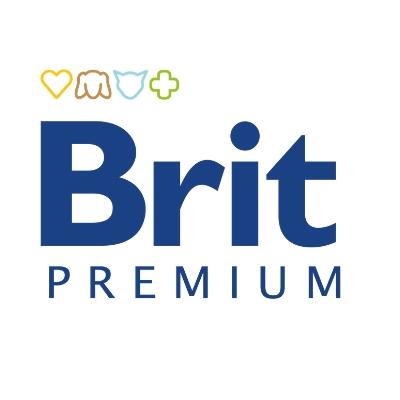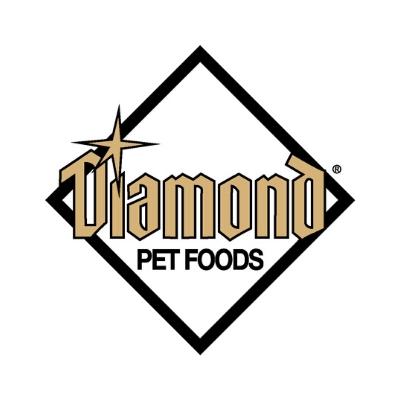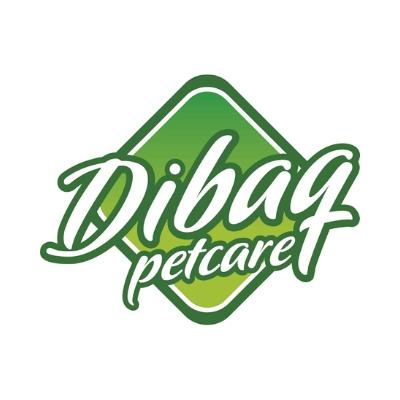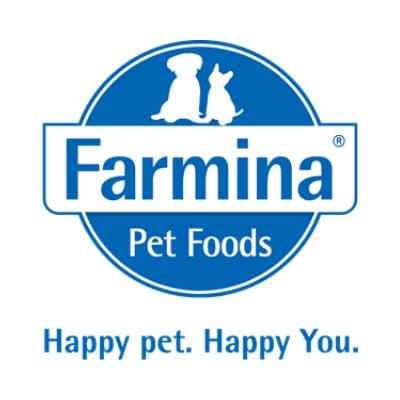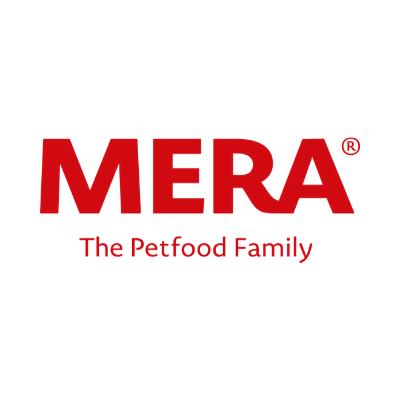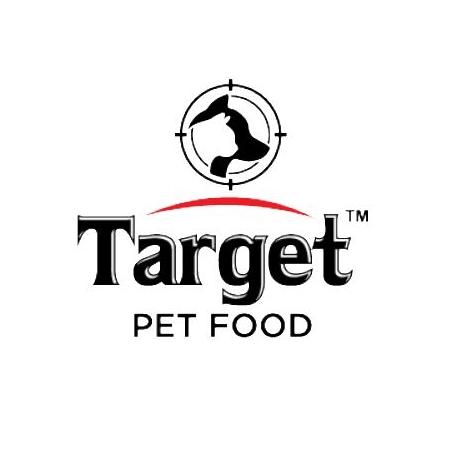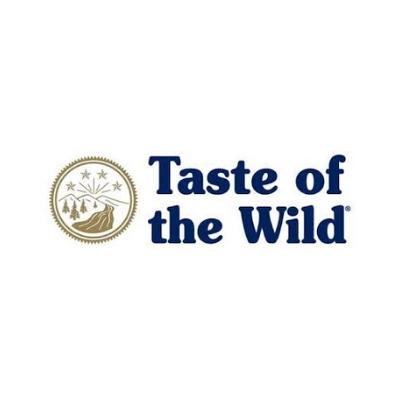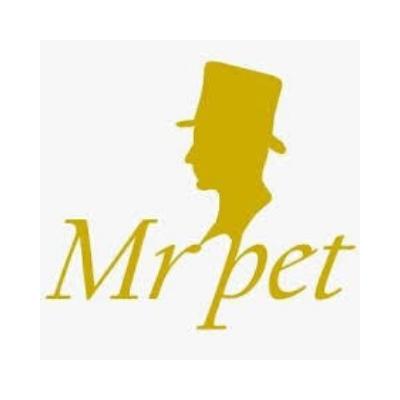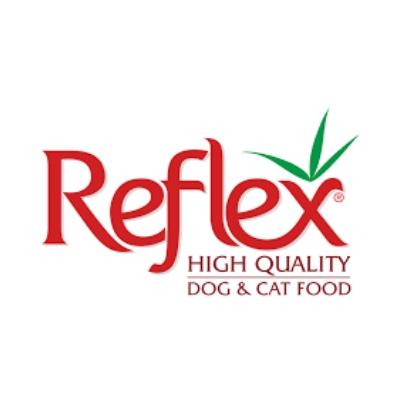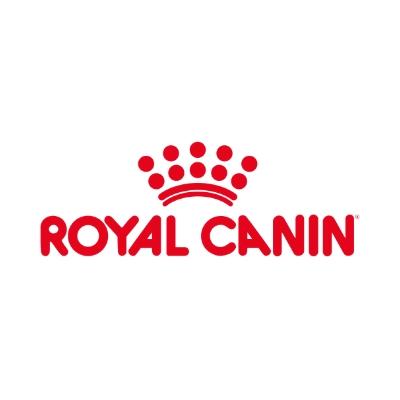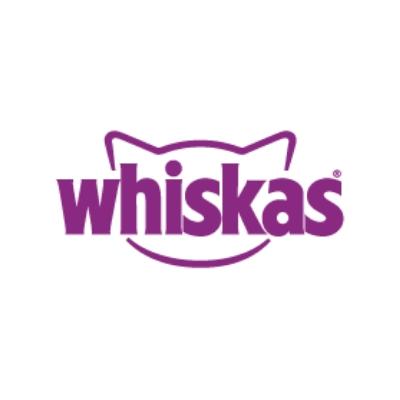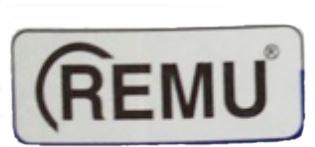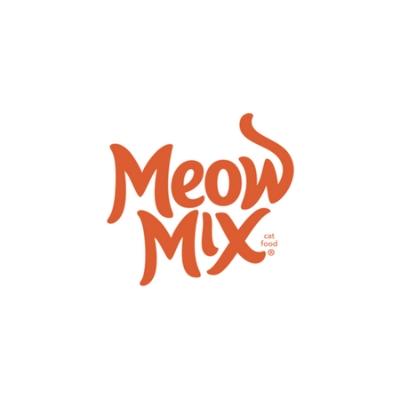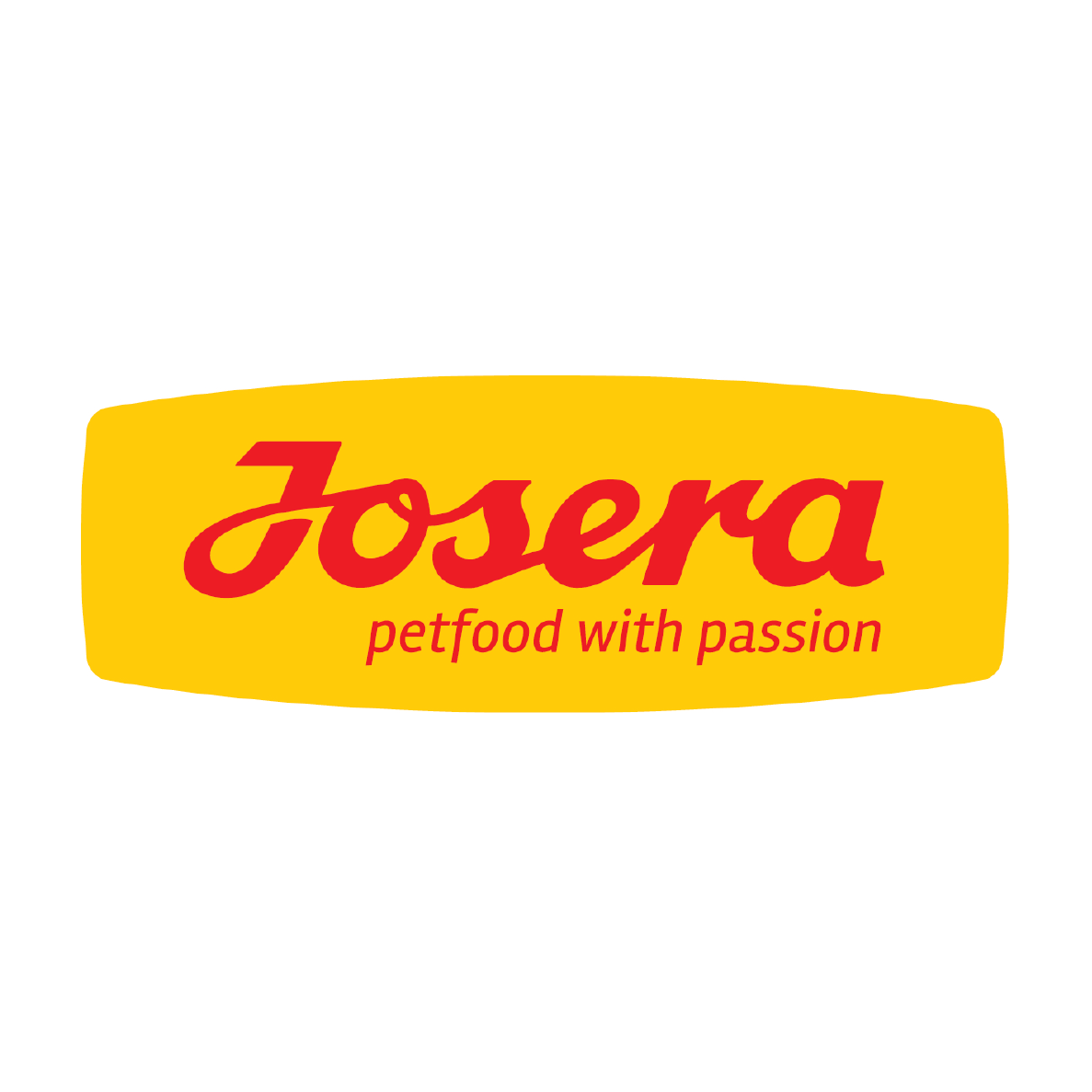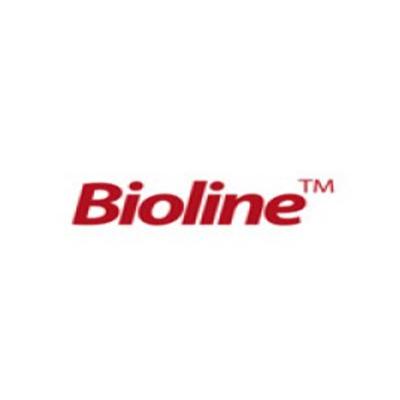Dog Cleft Palate
Introduction
A cleft palate is a physical birth defect caused by incomplete fusing of the two halves of the palate during neonatal development. The palate is the roof of the mouth. The hard palate is the front part of the roof of the mouth, between the teeth, and separates the oral cavity from the nose. The soft palate extends from the back of the hard palate to the throat (pharynx) and is made of softer, fleshier tissue. When an animal swallows, the back of its soft palate normally swings up against the top of its throat, blocking the movement of air and food into the nasal cavity.
Some authorities classify cleft palates into two categories: 1) primary cleft palates, which involve the upper lip and/or the most frontal part of the hard palate; and 2) secondary cleft palates, which involve the middle to back parts of the hard and/or soft palates. A cleft lip is a congenital defect in which the two sides of the upper lip do not properly fuse in an unborn puppy. In the above classification scheme, a cleft lip is included within the definition of a primary cleft palate. Another name for this particular defect is harelip.
Causes & Prevention
Causes of Cleft Palate
Cleft palates are caused by something that disturbs the normal processes that form the face and jaw during fetal development. There is a failure of fusion of certain paired structures in utero. The hard palate, soft palate or both can be affected. Most authorities think that there is a genetic cause; mating a male and a female that both have cleft palates reportedly results in more than 40% of their offspring also being affected with the condition. Poor maternal nutrition, viral infection of the bitch during pregnancy, exposure of the pregnant female to toxic drugs, chemicals or other substances, metabolic disorders and physical or mechanical interference with the fetus during development have all been implicated as potential causes of cleft palates in dogs. Administration of corticosteroids to the female during pregnancy has also been associated with cleft palates in her puppies.
Prevention of Cleft Palate
There appears to be a significant hereditary component to cleft palates in domestic dogs. One of the best ways to prevent this defect is to spay or neuter affected animals – or at least to remove them from the breeding population. Authorities recommend that corticosteroids or other drugs that can potentially cause birth defects not be given to bitches during pregnancy.
Symptoms & Signs
Symptoms of Cleft Palate in Dogs
Owners of dogs with cleft palates may notice one or more of the following things, especially in very young puppies:
Nasal congestion
Difficulty nursing or inability to suckle (caused by a physical inability to create enough suction or negative pressure to nurse properly)
Chronic nasal discharge (milk, mucus and/or pus dripping out of one or both nostrils of a newborn puppy)
Coughing
Gagging
Sneezing
Difficulty eating (dysphagia)
Difficulty breathing (dyspnea; respiratory distress; labored breathing; caused by aspiration/inhalation of milk, water or food)
Poor body condition; ill-thrift
Obvious "split upper lip"
Dogs at Increased Risk
Cleft palates occur sporadically in all breeds and mixed breeds, in dogs of either sex. However, they reportedly are more common in Beagles, Boston Terriers, Brittany Spaniels, Bulldogs (English and French), Cocker Spaniels, Dachshunds, German Shepherd Dogs, Labrador Retrievers, Pekingese, Pointers, Schnauzers, Shetland Sheepdogs and Shih Tzus. Brachycephalic breeds – those with broad skulls and short, flat faces - are predisposed to developing cleft palates.
Diagnosis & Tests
How Cleft Palate is Diagnosed
Any newborn that is not thriving will be given a thorough physical examination by the attending veterinarian, who also will take a good history of the health of the bitch and of all of the littermates. A cursory examination of the upper lip and oral cavity by a veterinarian or knowledgeable breeder usually reveals a cleft palate, with the occasional exception being if the midline defect is isolated far back in the soft palate. This is not especially common in companion dogs. The normal initial database of blood work (a complete blood count and serum biochemistry profile) and a urinalysis may or may not be abnormal. If the puppy develops aspiration pneumonia as a result of a cleft palate, the preliminary blood work may identify an infection. Thoracic radiographs (chest X-rays) may be recommended if the puppy is showing signs of respiratory distress.
The best way to definitively diagnose a cleft palate is to conduct a thorough oral examination under general anesthesia. During that procedure, the veterinarian will be able to get a good look at the puppy's hard and soft palates and evaluate the precise nature and extent of the defect.
Treatment Options
Treatment Options
The goals of treating a cleft palate are to: 1) provide sufficient nutritional support until the puppy is old enough and healthy enough to survive surgery; 2) treat and resolve aspiration pneumonia or other associated respiratory disorders, if present; 3) close the anatomical defect surgically if possible; and 4) restore the dog's ability to eat, drink and live normally, healthily and happily.
Intensive supportive care is usually necessary for any puppy with a cleft palate. The puppy's physical inability to create enough suction to nurse normally usually requires that it be fed by hand. This involves carefully passing a flexible rubber tube down the dog's esophagus (throat) directly into its stomach, and feeding either bitches' milk or a milk-replacer formula through the tube, to ensure the puppy's daily nutritional and caloric intake. This is not a particularly difficult procedure and most owners can be taught to tube feed their puppies at home. However, it is essential that the tube not be inserted down the trachea (wind pipe). Unfortunately, no matter how careful the person feeding the puppy is, puppies with cleft palates often develop aspiration pneumonia. Many of them simply do not thrive and die young.
Pneumonia must be treated and resolved before surgery is a realistic option. Antibiotic therapy may be necessary to manage secondary bacterial respiratory tract infections. Once the puppy is stable, surgical correction may be an option, especially if the palate defect is small. Reconstructive surgery is usually done at between 2 and 4 months of age, shortly after weaning. There are a number of different surgical techniques to rebuild a cleft palate, depending upon its location, but each of them is complex and should be performed only by a veterinarian experienced in the procedure. Multiple surgeries may be necessary to achieve successful correction, if that is even possible.
Medication to manage pain is extremely important after any surgical procedure to correct a cleft palate. Opioids and non-steroidal anti-inflammatory drugs (NSAIDs) are often recommended. Nutritional support post-operatively will require liquid or very soft food for up to 4 weeks or more, with no dog biscuits or hard chew toys during the recovery period.
Attempts at surgical correction of cleft palates historically have had a fairly high complication or failure rate. However, newer techniques are improving the success rate in domestic dogs. Because most cases of cleft palate are thought to have a hereditary component, there is an ethical issue surrounding keeping affected dogs intact and using them for breeding. Most authorities recommend that if a cleft palate is corrected surgically, the dog should be spayed or neutered, or at a bare minimum securely removed from any breeding program.
Euthanasia is an option that owners may need to consider for very young puppies diagnosed with a cleft palate, depending upon its location and severity. The puppy's veterinarian is the best one to discuss all possible treatment choices with its owner.
Prognosis
Without surgical repair and reconstruction, the prognosis for puppies with cleft palates is poor. However, if surgery is done and post-operative management is well-handled, the prognosis for recovery is fair to good. The best chance for success is on the first attempted surgical repair procedure. If more than one surgery is necessary, the prognosis worsens. The prognosis for puppies that develop respiratory disease from aspirating milk or food because of a cleft palate is poor to grave. If there is significant soft palate involvement, especially if most of the soft palate is absent, the prognosis is also grave. With or without treatment, many affected puppies die at a young age.









